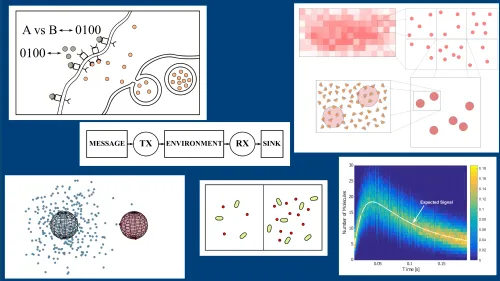Research - Biophysical Communication Engineering (BioPhysComm) Lab

We've Moved!
Our lab is now at Memorial University of Newfoundland and we have a new Research Page hosted there.
Adam dot Noel at warwick dot ac dot uk
+44 (0) 24 7657 4566 (Office)
LinkedIn Twitter Google Scholar ResearchGate ORCID
